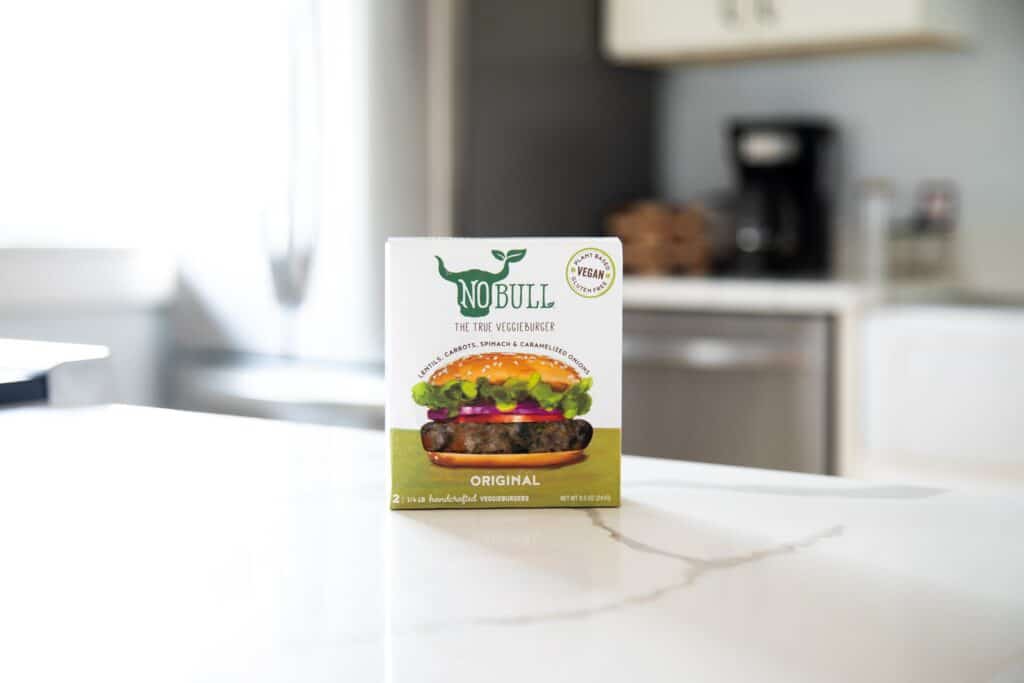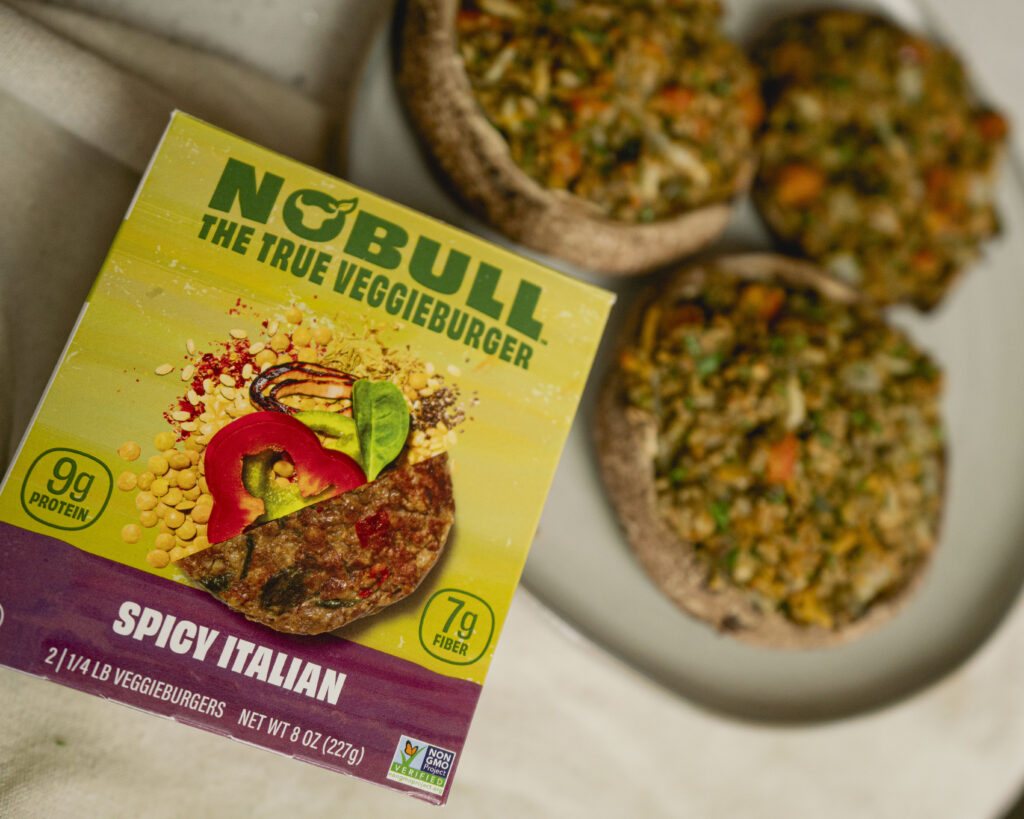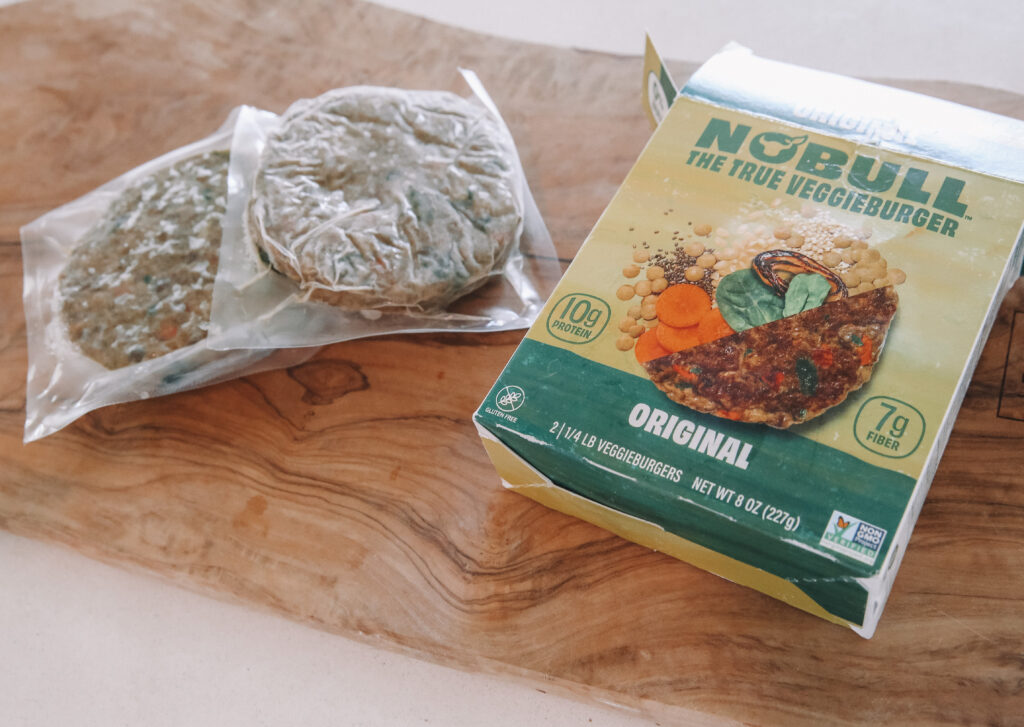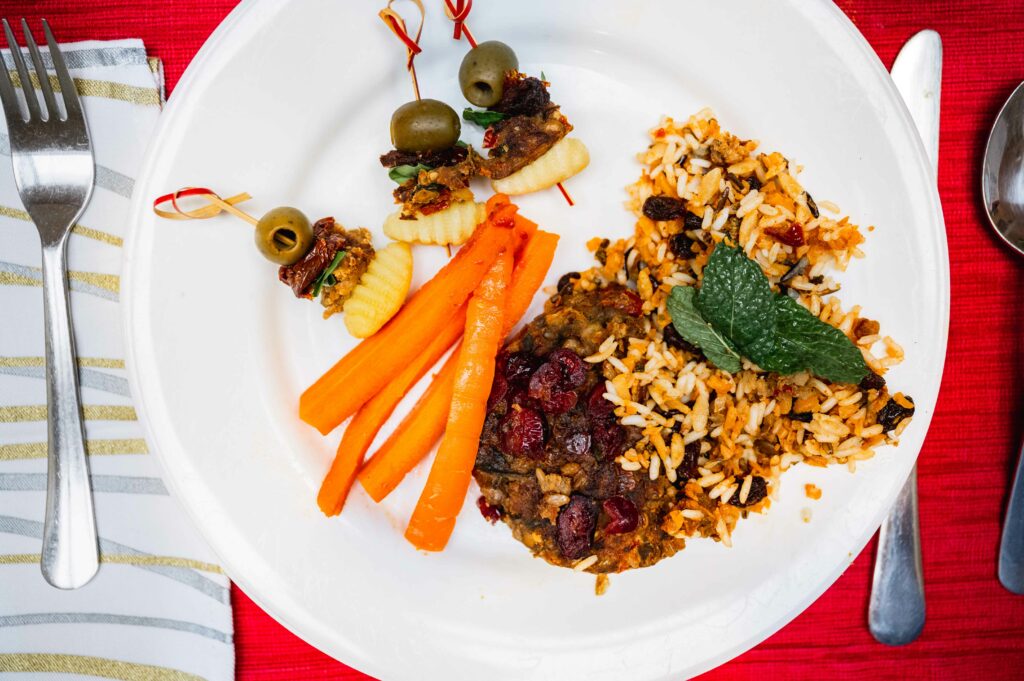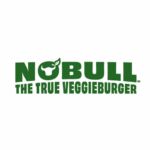In a world of globalization and digital media, it can be incredibly overwhelming to make ethical decisions, especially when it comes to consumption.
With so many items we use every day being mass-produced around the world, never before have we been given so much choice. And never before have we had so much information informing these choices, either.
In recent years, this information has become harder and harder to ignore, especially with documentaries and news stories coming to light about our clothes, food, and transport choices. And how they affect people, animals, and the planet.
So, it is not really surprising, then, that our perspectives have changed alongside this. We have seen many schools of thought on conscious consumption and mindful eating arise in the past decade.
What Is Mindful Meat Consumption?
One of these perspectives is around the mindful and ethical consumption of meat. For many animal lovers and champions of animal rights, this is a concept that cannot exist.
However, according to mindful meat schools of thought, animals can be raised in the most natural and plentiful environment. The philosophy is that they will have the happiest and best life there until the time comes for their lives to be taken for meat.
There are also intended benefits for environmental and health quality. That means being raised on ample pasture for the environment, with no chemical fertilizers or waterway runoff. For human health, all cattle and pasture are certified organic and Non-GMO.
Is Mindful Meat Sustainable?
First, let’s define sustainable as “able to be maintained at the required speed and/or quantity.” While mindful consumption of meat may have seemed like a beacon of hope for some, the cracks have definitely begun to show.
Our planet is on the fast track to a population of 8 billion. So, there is a key flaw for supporters of mindful meat frameworks: the difficulty in scaling production to replace existing supply chains.
Accessibility for Everyone
While we hate to get bogged down in the challenges and concerns, they do need to be addressed.
Putting our personal thoughts aside, we humbly acknowledge a couple of things. First, at the end of the day, everyone needs to eat. Secondly, not everyone has easy access to plant-based, non-GMO whole foods.
However, one of the most empowering choices we have made as individuals is eating plant food over meat.
The Humble Plant Solutions
Providing the planet with an abundance of Non-GMO plant whole foods is no easy feat. We still face challenges in replacing mass horticulture that relies on mono-cropping and chemical sprays.
However, not only do meat mass-production practices make animal welfare basically impossible. But, this intensification also has many degrading impacts on our natural environment. Rainforest is being cleared to make way for beef cattle, and waterways are contaminated by animal runoff.
We also can’t ignore the benefits of plant-based foods. There are many reasons eating this way leads to a happy heart, body, mind, and soul! Not only can we choose which grower to buy them from and how to prepare them, but we can also even grow them ourselves.
We may not be able to grow everything we need within our local communities. However, starting with a few herb plants and salad greens is definitely a great first step!
A few microgreens in that NoBull Burger, perhaps?
